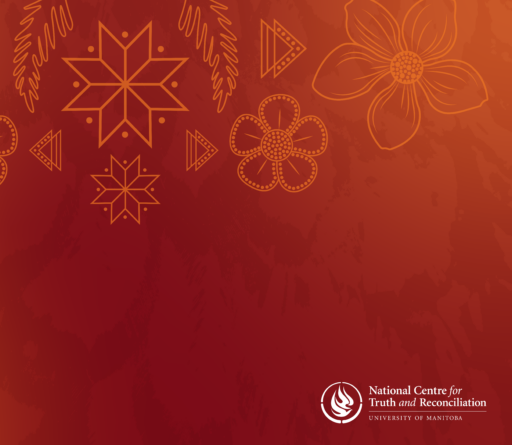College Blog
By: Lisa Pretty, Director of Communications
I should probably warn you, I’m pondering big questions today!
Empathy.
It’s a word that pops up countless times as we think about and discuss the patient experience. Aside from competent and professional care, patients yearn for empathy from their care team.
Empathy, or the ability to share or understand the emotions and feelings of another person, is critical. Critical for health professionals, but also for everyone else in whatever role you might be playing: PT, employer, student, patient, caregiver or regulator.
The question I’m asking you to consider is: how can we all make empathy a more integral part of our lives and our work?
Regulators protect the public interest by doing things like setting the rules, licencing health professionals and providing oversight in a bunch of ways. To do this successfully, we need to truly understand the public we are here to serve and always consider their experience.
The College is doing more than ever before to bring the voice and perspective of the public into our work. We started the Citizen Advisory Group a little over three years ago with this value at its heart. Having embarked on a new strategic plan we had the goal of increasing the value and awareness of the services the College provides to Ontarians.
But how do we best do that?
The Citizen Advisory Group, then a group of 20 or so physio patients and caregivers, turned out to be good idea, and something others wanted to be a part of! We opened our group to our health regulatory friends and the Citizen Advisory Group Partnership was born. Have a peek at the Citizen Advisory Group website to see which colleges are working together on this cool project and find out what topics are discussed.
Fifteen colleges now working together; sharing resources, sharing costs and gaining shared insights from patients and caregivers. As the Citizen Advisory Group Partnership chair, I feel lucky to have the opportunity to get feedback directly from people who interact with PTs and other health professionals. I believe this has made our College better at its job and I would hazard to say more empathetic in our decision-making.
While the group weighs in on large issues, for me it’s the human perspective that evokes the strongest reaction. People talk about the need to be heard, to be respected, to be included in decision-making. They mention how they are often struggling with family, financial or emotional stress, all the while undergoing treatment for another issue with a health provider. What counts most to the patient is being seen as a person first, not just a problem to be solved.
Health professionals are overwhelmingly competent—having passed rigorous exams and completed years of school. But patient surveys indicate that what’s valued most are the collective skills that used to be called “bedside manner”. A recent meeting of the Citizen Advisory Group—15 Ontarians, men, women, young, old and those somewhere in between, rural, urban, healthy and those living with chronic conditions, people newer to Canada and those born into our healthcare system—confirmed my belief that empathy can and does make a huge difference. It impacts the interactions of health professionals with patients and families, and how regulators set rules, deal with complaints and interact with their members.
Including patients in the work of regulatory bodies offers us critical insights. They remind us of the sometimes-small things that matter so very much. At a recent meeting what really resonated for me was that the group of patients and caregivers highlighted the importance empathy plays in our health care system. How without empathy, we are all in trouble, lost, alone.
Just as physiotherapists do every day when they deliver care to their patients, as the regulator we need to keep empathy top-of-mind as we make rules and policies, as we licence and check, and deal with concerns and complaints. Empathy cannot be overstated.
I really hope that you’ll take a few minutes and watch this wonderful, real, might-even-make-you-weep video created by the Cleveland Clinic. It’s a must watch. Be sure to share it with anyone working in health care.
If your next patient is struggling with their exercises, consider what else might be going on and take a few minutes to better understand why they seem a little off. You may want to ask them if they’re feeling OK or if there is anything you can do to make their treatment session better. Show compassion and kindness and yes, be your most empathetic self.
Watch the Video. Empathy: The Human Connection to Patient Care










Empathy is part of the psychosocial dimension of health that is lacking in the training in Canadian PT programs. Start the conversation at the place where reformation of the training curriculum is focused on. Without such changes to the training of health professionals, I question the argument that new graduates possess the competency to practice.